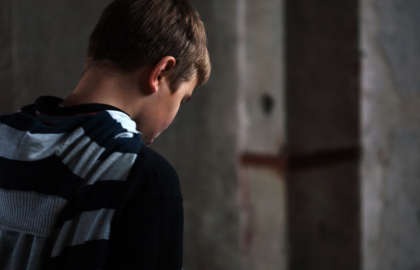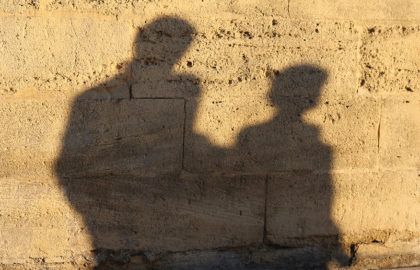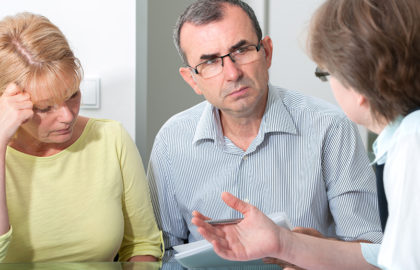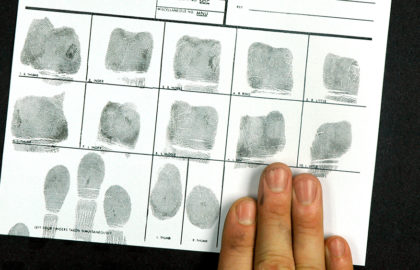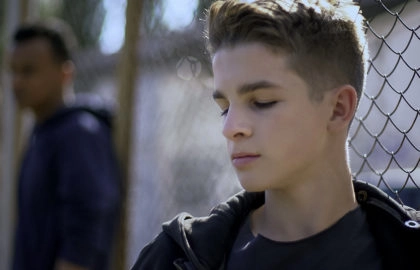A teen is brought home by the police— every parent’s nightmare! What will happen next? How can they help their child? What are the possible consequences?
Teens suspected of a crime are not treated as adults. The law says children 12 to 17 must answer for their crimes, but it also encourages their rehabilitation. And parents are encouraged to support their child throughout the process.
Alternatives to Court
Several outcomes are possible, depending on the teen’s situation and the seriousness of the crime. As much as possible, the youth criminal system tries to avoid a court process.
Workers in the Youth Criminal System
Teens don’t go through the criminal justice system alone. Throughout the process that follows their arrest, they will meet different professionals.
The Role of Parents
The law says parents must be told about any measures or legal action taken against their child. Parents are encouraged to support and accompany their child throughout the process.
Responsibility of Parents
Parents are not accused of the crimes their child commits, except in rare cases. But parents might be taken to court in a civil case and ordered to pay for the harm their child caused.
The Impact on a Teenager
For teenagers, the impact of an arrest is not the same as for an adult. An arrest can leave some tracks, but not forever.
Our Publications and Resources
We have a pamphlet for parents. It summarizes what happens after a teenager is stopped by the police:







